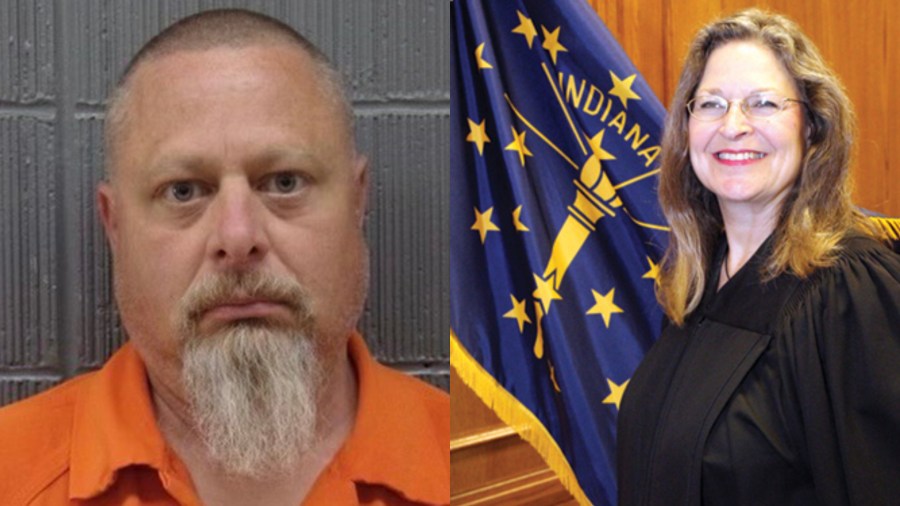Judge Gull says Richard Allen had access to documents all along

CARROLL COUNTY, Ind. — The special judge assigned to the Delphi murders investigation has responded to the Indiana Supreme Court and said that Richard Allen’s claim of not having access to all documents related to the case has no merit and that he has not been hindered in any way from accessing them.
Previously, the original attorneys for Richard Allen — Andrew Baldwin and Bradley Rozzi — filed several motions with the Indiana Supreme Court after they were removed from the murder case by Gull in the aftermath of an evidence leak.
The lawyers asked the Supreme Court to review Gull’s handling of the case and accused her of violating public access by keeping some filings a secret along with claiming she hasn’t provided Allen with complete access to all the documents involved in the case.
Gull responded on Thursday by saying that Allen and his attorneys were incorrect and had complete access to all documents filed in the case, both sealed and unsealed.
Gull also said that by Allen’s “own admission,” he did not file a written motion seeking relief despite having “ample opportunity.”
“This failure alone warrants this Court to reject the Petition,” Gull said.
Gull also argued that the remaining documents under seal have since been unsealed and that she ordered the clerk to make all non-confidential documents available to the public, an action that she argues makes another of Allen’s petitions moot.
Gull points out in her response to the Supreme Court that Allen argued “extreme hardship” if his petitions were denied. Gull writes that Allen never clearly states that it is he who would suffer extreme hardship if the documents remain publicly inaccessible, however, and instead implies the hardship is to the public. But Gull once more reiterates that Allen “has complete access to any court documents, regardless of whether they are public or confidential. That documents are under seal does not hinder in any way (Allen’s) defense of the criminal charges against him.”
Further on, Gull goes on to state that Allen and his attorneys still have the right to an appeal to remedy any concerns they have.
Gull concludes many of her points by once again saying that many of Allen’s requests are now moot after directing the clerk to make non-confidential documents available. Gull said that the court also does not have “an absolute duty” to reinstate documents filed by attorneys who are no longer representing Allen. Gull said the court also did not have a duty to provide the public with remote access to records, “much less the particular form of remote access (Allen) requests.”
Gull also addressed Allen’s attorneys’ request to unseal or restore public access to the Franks Memorandum filed by Rozzi and Baldwin. Gull said the Franks Memorandum was marked as confidential because it contained the names of minors and put the blame on Allen’s defense team for failing to supply the court with a redacted version. Gull said she already ordered Allen’s new defense team to review the pleading and either adopt them or make their own. If the new counsel does adopt them, she said they were ordered to file a redacted version.
Gull still has until Nov. 27 to respond to Allen’s attorneys’ request for a transcript of a closed-door meeting from last month, a writ that puts pressure on the Supreme Court by Allen’s original defense to have Gull thrown from the case.

Comments are closed.